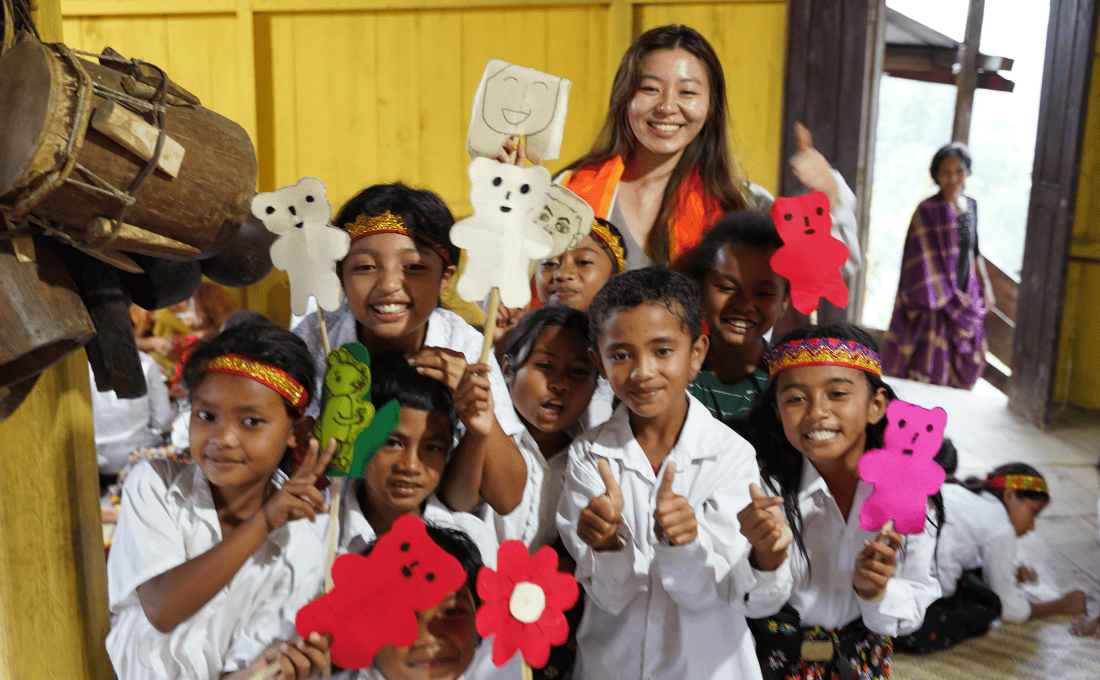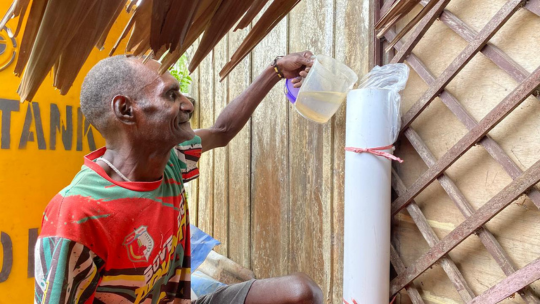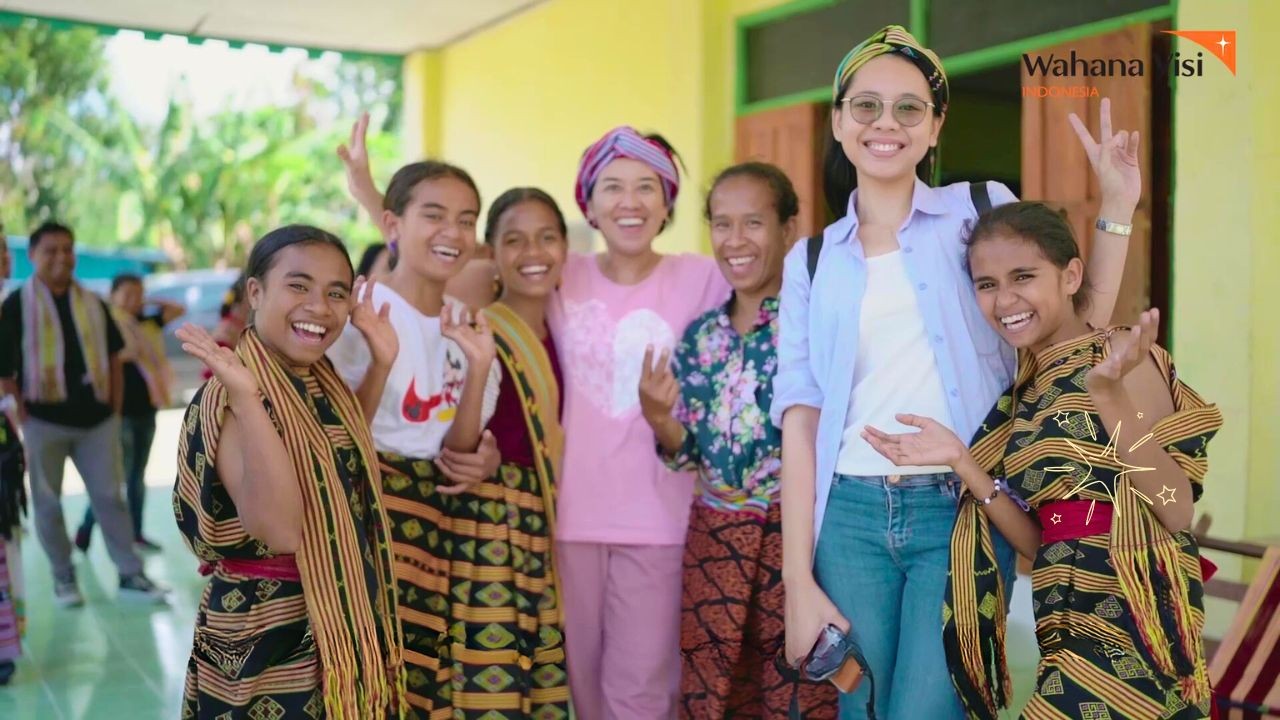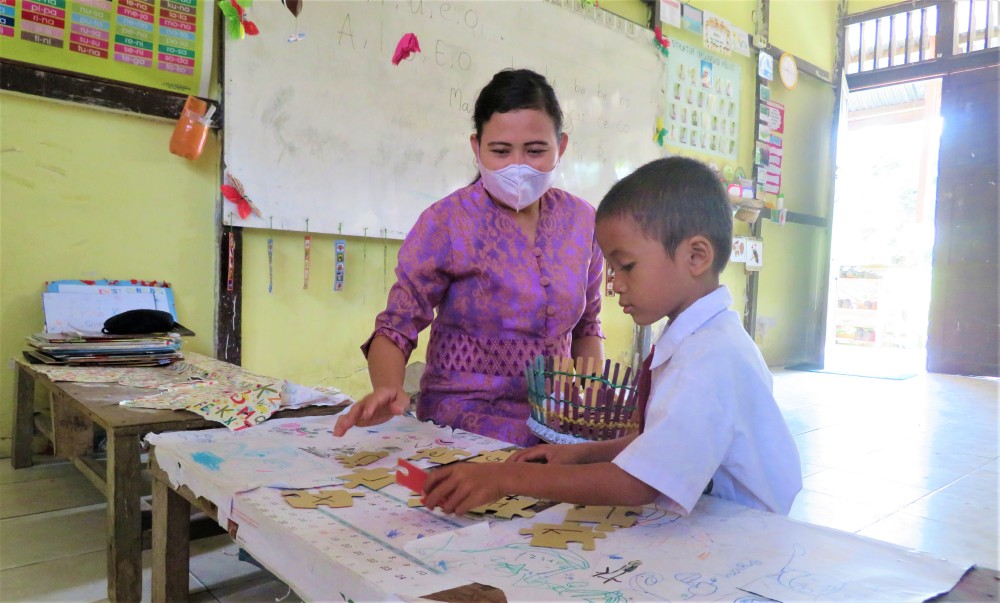The True Meaning and Impact of Your Donations on a Child's Future

One of the important factors in a nation's progress is the creation of a golden generation in the future. The formation of this golden generation can start with small things, such as donations given by donors to children in need. However, many people still don't fully understand the precise meanings of 'donation' and 'donor'.
According to the Great Dictionary of the Indonesian Language (KBBI), the words donasi (donation) and donatur (donor) have distinct definitions. Generally, the word donation means a regular contribution made by philanthropists to sections of society in need.
A donor means a person who channels contributions, whether in the form of money or goods, to people in need. Donation is the contribution that is given, while the donor is the person who gives that contribution.
To better understand the meaning or difference between a donation and a donor, you can carefully follow the explanation provided in this article.
Getting to Know Donations and Donors
Before understanding the meaning and impact of donating for a child’s future, you must first have a good grasp of the precise definitions of donation and donor. Why is this important? A misunderstanding of these terms will certainly make it difficult for you to choose the right humanitarian organisation.
Here is a brief explanation of donations and donors in the context of building a future for Indonesian children:
1. Donation
A donation is a regular contribution made by philanthropists to sections of society in need, whether in the form of goods or money. The purpose of giving a donation from a donor is to build the nation's next generation in the future. To understand the forms or types of donations that can be channelled to the community, please refer to the following explanation:
Types of Donations:
-
Health and Nutrition Donations
Health and nutrition donations are a type of aid that supports the fulfilment of nutritional needs for those who require it. Furthermore, health and nutrition donations provide medical assistance for specific illnesses, fund free immunisations/vaccinations, and support sanitation programmes for children.Goal: The goal of distributing health and nutrition donations is to reduce child mortality rates and encourage a child's optimal development.
-
Creativity and Talent Donations
For those interested in encouraging a child's achievement by developing their potential, creativity and talent donations can be an excellent choice. Creativity and talent donations will have a positive impact on a child’s future through arts, skills, and sports training that helps develop their potential or talent.Goal: The goal of channelling creativity and talent donations is to nurture a child’s potential and self-confidence by removing them from unsupportive environments.
-
In-Kind Donations (Goods)
This type of donation typically provides various necessities such as clothing, educational aids, school supplies, shoes, and other equipment needed by the donation's target, with the aim of offering support to children living with limitations and providing them with comfort.In-kind donations can also be an option for those who like to share items that support a child's development, such as clothes, school supplies, shoes, and other equipment.
Goal: The goal of distributing in-kind donations is to provide support to children living under economic limitations by giving them comfort.
-
Child Protection Donations
Child protection donations are distributed to provide a safe place to live or a good life, along with psychological support, especially for street children and victims of violence (from 'broken homes').Goal: The goal of child protection donations is to provide a decent life for children with past trauma so they can recover.
-
Education Donations
A donation is a contribution, either in the form of money or goods, to those in need. This also applies to donations in the field of education, which provide assistance in the form of procuring school facilities and infrastructure or educational scholarships for children who need them to improve the quality of their education.Goal: The desired goal of education donations is to help provide hope for children from less fortunate families to be able to return to education. This can indirectly reduce the number of out-of-school children, as demonstrated by Wahana Visi Indonesia.
2. Donor
While understanding the meaning of donation and donor, at a glance the two words seem almost the same, yet they have different meanings. As explained above, a donation is a regular contribution made by philanthropists to sections of society in need.
How to Become a Donor
-
Choose a Trustworthy Organisation
The first step you should take if you want to become a donor to help build a child’s future is to select a trustworthy and credible humanitarian organisation. Why is this necessary?
A reliable humanitarian organisation will help you effectively address poverty with the donations you provide. -
Set Aside Funds
After choosing an organisation, the second step you can take is to actively start setting aside a portion of your money to donate to those who need it.
The Meaning and Impact of Donations from Donors for a Child's Future
Indonesia is one of the countries with the largest populations. This is consistent with its various achievements. However, alongside these achievements, disparities between the upper and lower economic classes can be found across various sectors, including the protection of children, who remain highly vulnerable in Indonesia.
Some issues frequently faced by Indonesian children include:
- Children who become victims of disasters. As the nation's next generation, climate change is deeply felt by children, especially those in their developmental years.
- Coming from disadvantaged families. Limited economic factors often prevent children from receiving a proper education and adequate healthcare.
- Living in remote areas. Limited access to reach disadvantaged regions means they lack proper facilities. This naturally gives them a very different experience compared to their urban counterparts.
Ways you can help address these issues:
- Take an active part in programmes aimed at building a future for children in Indonesia.
- Next, identify as much information as possible about partners and organisations dedicated to helping disadvantaged children, such as the humanitarian organisation Wahana Visi Indonesia.
- You can speak out and use your voice to help protect a child's rights. You can focus on the most critical issues facing children, which will make it easier to effect change.
- The final step is to advocate to help children in Indonesia so they can secure a more assured future.
Having reviewed the brief explanation above about the meaning of donation and donor, and the impact of giving donations on a child's future, one of the best recommended humanitarian organisations for you to channel your aid to children is Wahana Visi Indonesia. Through this humanitarian organisation, you will help tackle the problem of poverty in Indonesia based on a community development process.



